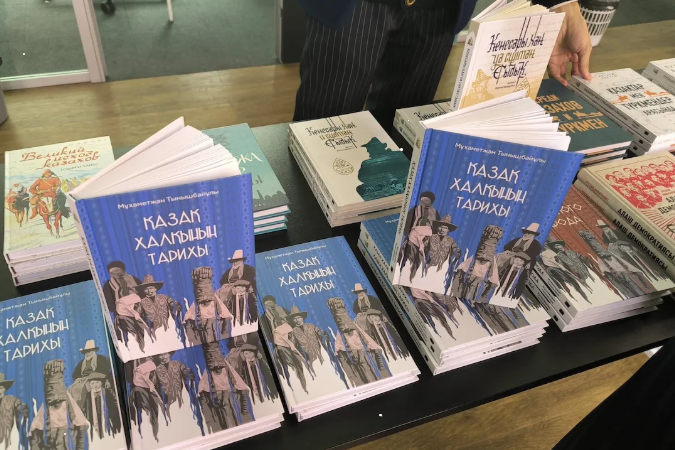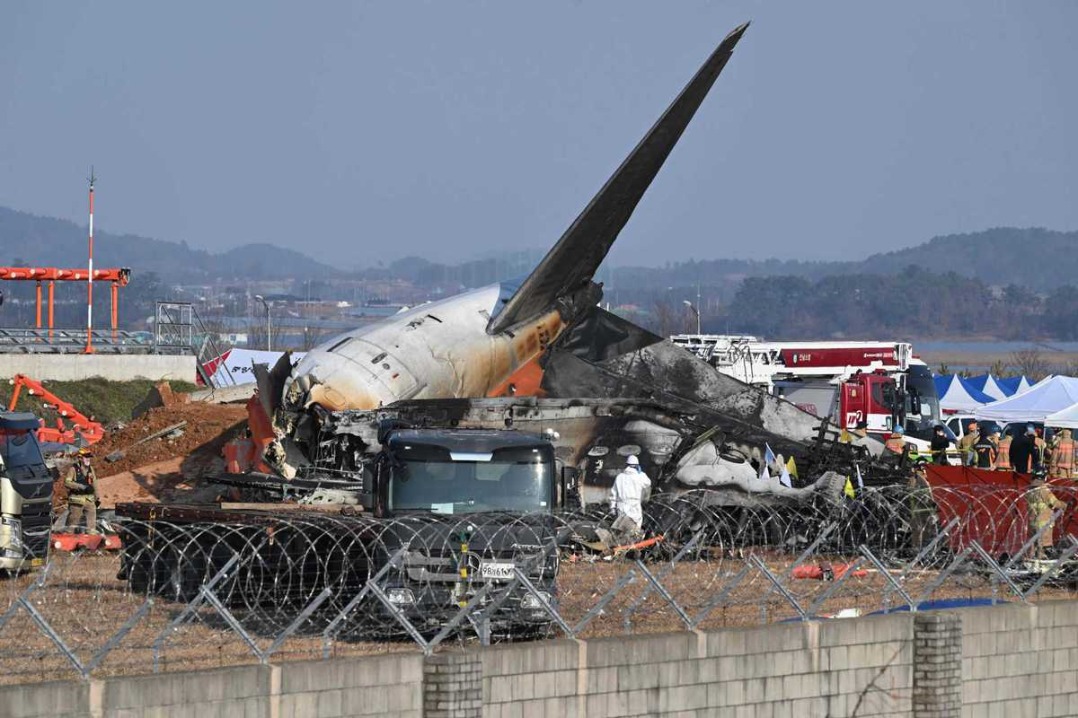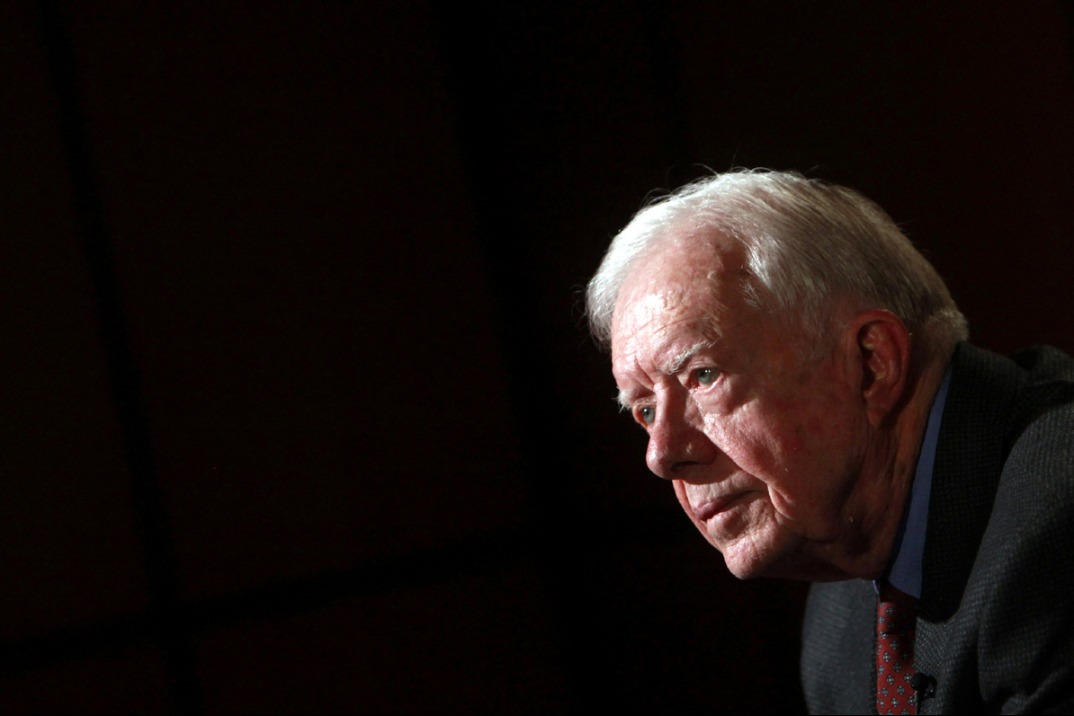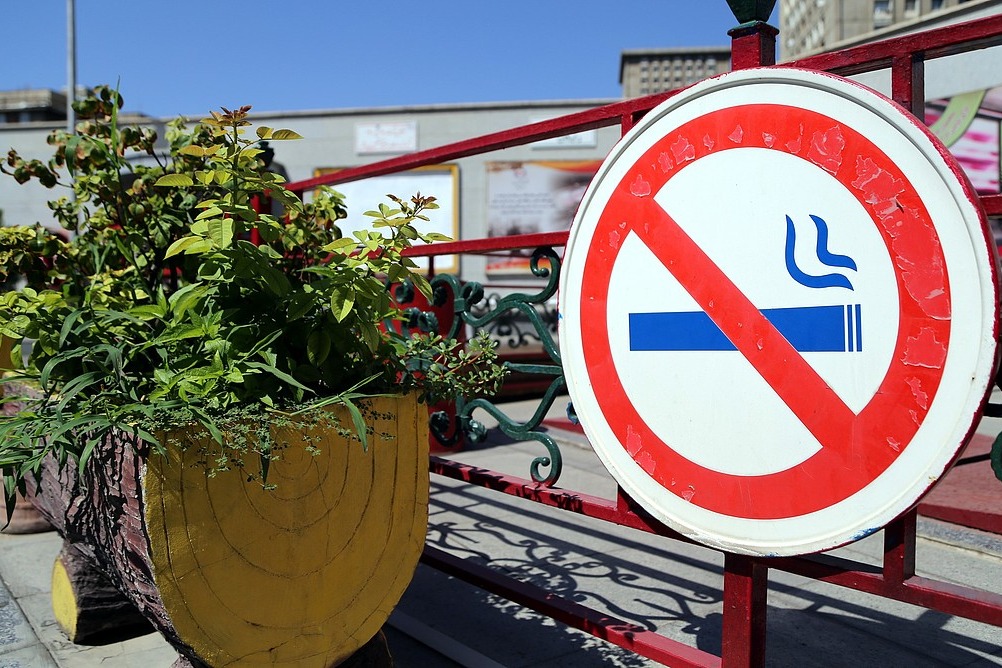China's growing role in Middle East stability highlighted

A newly released report on the Middle East highlights China's growing role in promoting stability and development in the region during a time of significant transformation.
"The Middle East is undergoing a historic transition characterized by both turmoil and economic transformation," said the report, titled "Yellow Book of the Middle East: Annual Report on Development in the Middle East (2023-2024)". It was jointly released by the Institute of West-Asian and African Studies at the Chinese Academy of Social Sciences and the Social Sciences Academic Press on Dec 27.
The report noted that the latest Palestinian-Israeli conflict underscored the structural issues affecting regional security, making the conflict a central challenge to Middle East stability.
Despite the challenges, the report pointed out that the region is experiencing a trend toward reduced tensions and a strong commitment to economic transformation. Gulf nations are at the forefront of regional development, with significant growth in non-oil sectors such as artificial intelligence, renewable energy, manufacturing and tourism, which are becoming key drivers of local development.
At the ceremony of the report's release, Tang Zhichao, a researcher from the Institute of West-Asian and African Studies, emphasized that the Middle East is simultaneously experiencing conflict, developmental transformation and easing tensions.
"This convergence is accelerating changes in the region's geopolitical and security landscape," he said.
"The latest Palestinian-Israeli conflict, which erupted in October 2023, has had a domino effect on regional stability, exacerbating tensions across the Middle East," Tang said.
However, he said that the past year has also seen a significant shift in the region's security dynamics.
"Several Middle Eastern countries have actively sought membership in organizations like the Shanghai Cooperation Organization and the BRICS cooperation mechanism, influencing the adjustment of regional security frameworks."
Tang also noted that China's role in addressing Middle East security issues has expanded considerably since 2023.
In March 2023, with mediation from China, the trilateral Beijing Agreement was reached, and Saudi Arabia and Iran announced the restoration of their diplomatic ties, setting off a "wave of reconciliation" across the Middle East.
The year 2024 marks the 20th anniversary of the China-Arab States Cooperation Forum. In May, leaders from Egypt, Bahrain, Tunisia and the United Arab Emirates visited China to attend the 10th Ministerial Conference of the forum.
According to the report, China's Global Security Initiative, Global Development Initiative, and Global Civilization Initiative offer new perspectives and solutions for security governance and development challenges in the Middle East, earning high praise and widespread acceptance from countries in the region.
The report further highlighted China's invitation to Palestinian groups Fatah and Hamas for talks in Beijing this April as a constructive effort to achieve a ceasefire and foster peace, stability and development in the Middle East amid the ongoing Palestinian-Israeli conflict.

































